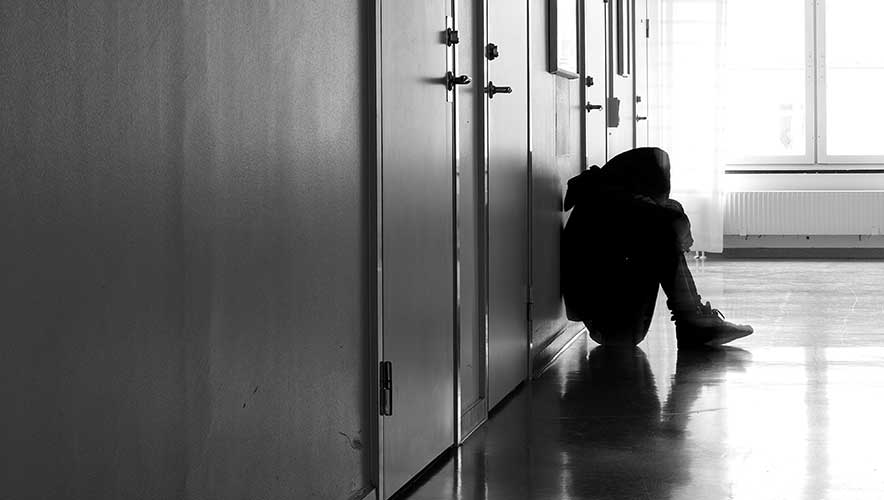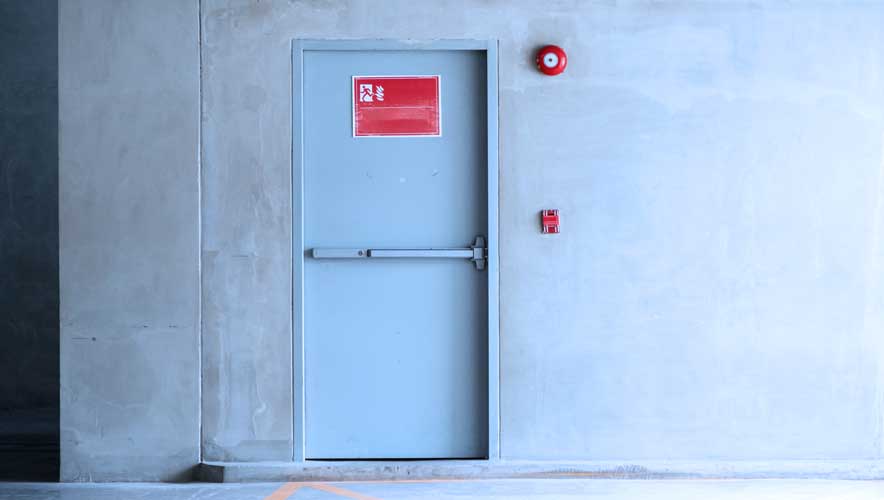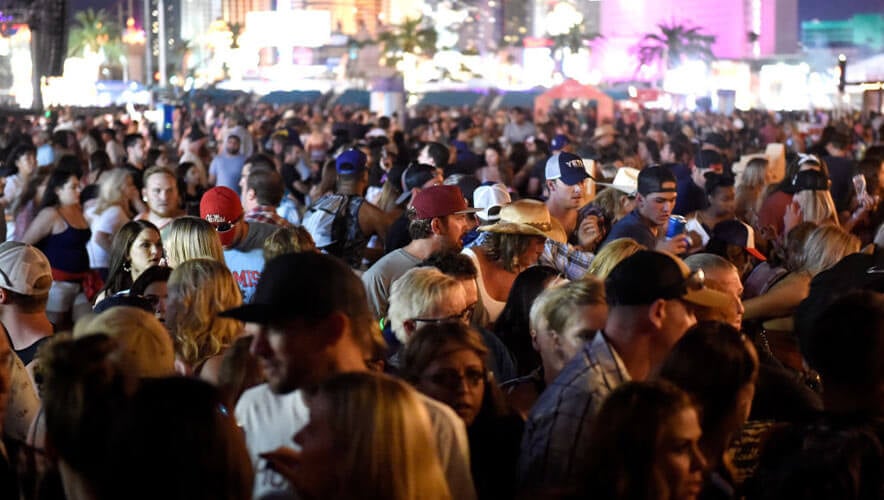Report Finds Inconsistencies, Racial Disparity in Strip Searches of UK Children
Black children in England and Wales are six times more likely to be strip searched by police, a new report from the UK Children’s Commissioner found. And the racial disparity was not the only finding of concern.
The Children’s Commissioner Rachel de Souza found that nearly 3,000 children were strip searched (defined in the report as a search that exposes intimate parts) in England and Wales between 2018 and mid-2022, but given the poor quality of data and the lack of response from some forces, this is likely an undercount. By comparison, police carried out stop and searches of children on 115,601 occasions in 2020-21 and 2021-22, so strip searching is relatively rare, but this “does not diminish the potentially traumatic nature of each occurrence for each child, nor speak to the overall appropriateness of the number of strip searches conducted,” according to the report.
More than half of the searches were conducted without an appropriate adult confirmed present. In the United Kingdom, an appropriate adult is appointed to support suspects—particularly people under the age of 18 or vulnerable persons, such as those with mental illness or learning disabilities—who are detained or interviewed by police. Appropriate adults are meant to advise suspects about their rights and observe whether police are acting fairly and properly.
The investigation was launched after a Black 15-year-old girl, identified as “Child Q,” was strip-searched at a London school in December 2020 by two female police officers who suspected her of having marijuana. No other adult was present, and her parents were not contacted. The girl was menstruating, and no drugs were found. “A previous report said racism was a likely factor for the humiliating search,” the Associated Press said.
Child Q reported the search, leading to the investigation that found “widespread noncompliance” of safeguards to protect children, de Souza noted.
The report found that children as young as 8 years old were being searched in places that were often inappropriate, including amusement parks, police vehicles, and sometimes in public view.
More than one-third of the 2,847 searches were of Black children, making them six times more likely to be searched based on population figures. White children were half as likely to be searched. A recent report by Crest Advisory found that only 36 percent of Black children aged 10 to 18 trust the police, compared with 75 percent of white children, the Commission noted.
The vast majority of children strip-searched were boys (95 percent), and 38 percent were Black. More than half of searches resulted in no further action, and 52 percent of searches happened without an appropriate adult confirmed present.
While de Souza accepted that strip searches are sometimes necessary, robust safeguards to protect children from this “intrusive and potentially traumatic power” are necessary, but not currently present.
“I see a fundamentally reactive and permissive system that places too much reliance on non-specialist frontline officers always doing the right thing, with no system of scrutiny to ensure that vital safeguards are being met, and little consideration of the impact of a potentially traumatic power on vulnerable children,” de Souza wrote in the introduction to the report. “It bears repeating that there is sustained attention on this issue not because of a police whistleblower or a damning inspection report, but the bravery of a girl to speak up about a traumatic thing that happened to her.”
She continued: “The way these searches have been conducted suggests that too often police are forgetting that children are children. The primary duty of the police, as with all other professionals, should be to safeguard them from harm. I want us to get to a place where, if a police officer encounters a child late at night and suspects they might be carrying drugs or a weapon, their first thought is ‘What can I do to keep this child safe?’”
The report makes multiple recommendations, including a comprehensive review of the legislative and police framework for searches involving children in custody and specific changes to the Police and Criminal Evidence codes to strengthen statutory safeguards for children strip searched by police, such as requiring higher thresholds for action to recognize the potential traumatic impact of searches. The report also recommends improvements around transparency and accountability for searches.
The report comes on the heels of another investigation into London’s Metropolitan Police force—that report found that the force was plagued by institutional racism, misogyny, and homophobia, and it was quickly losing the trust of the public.










